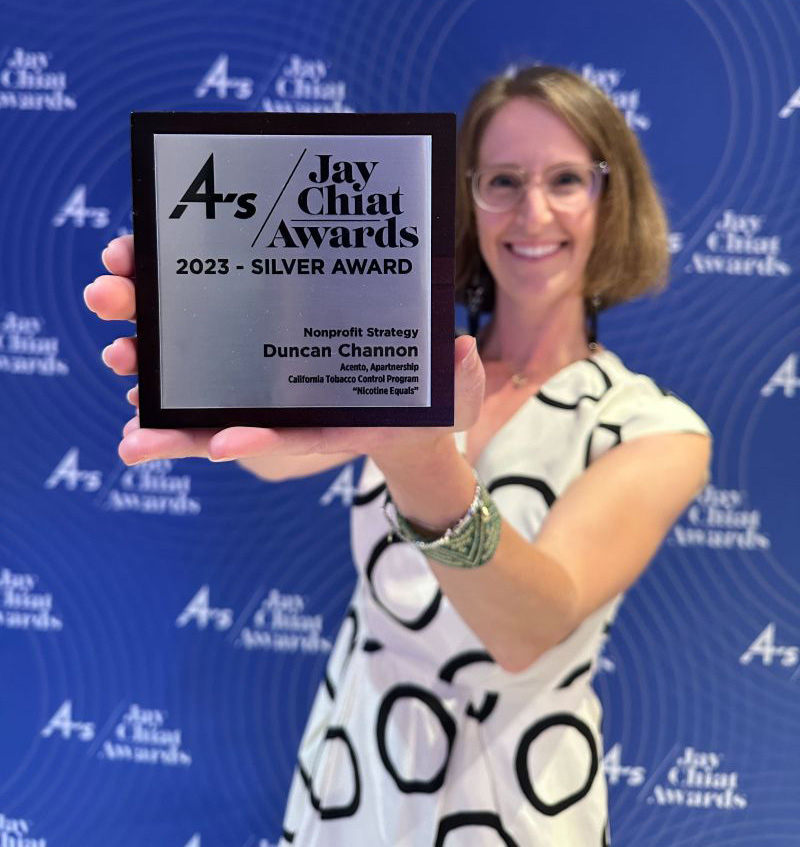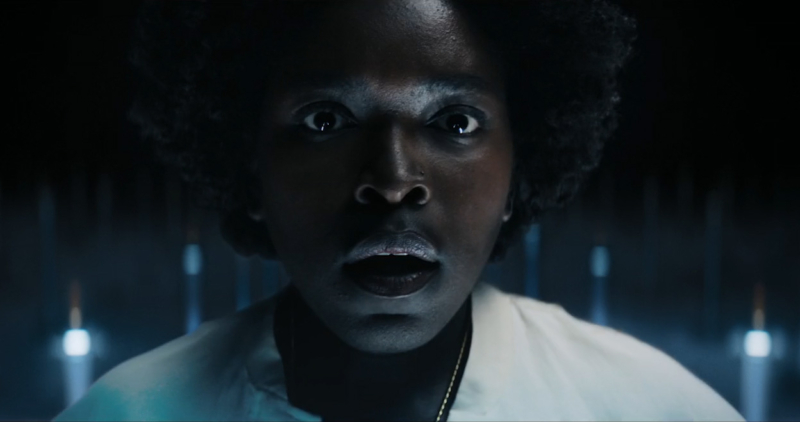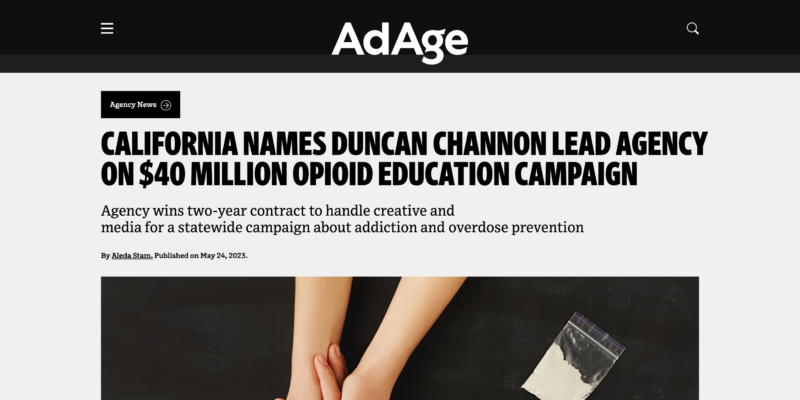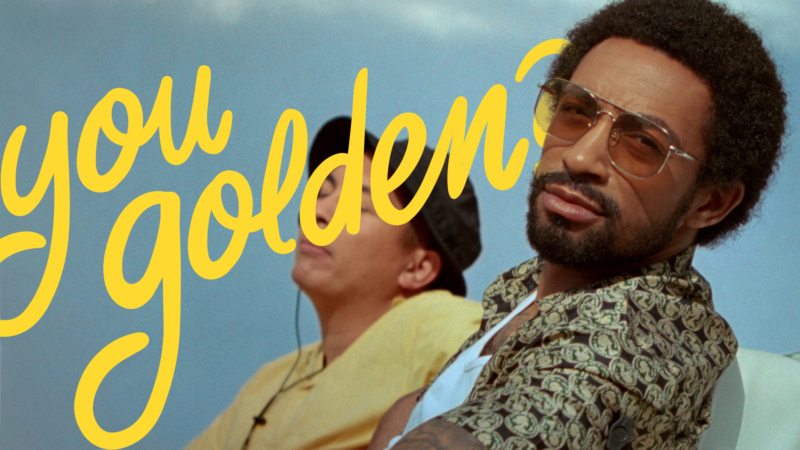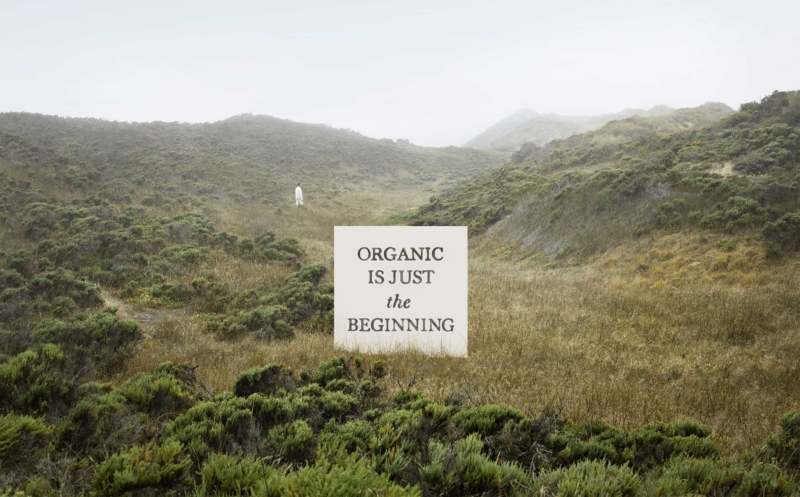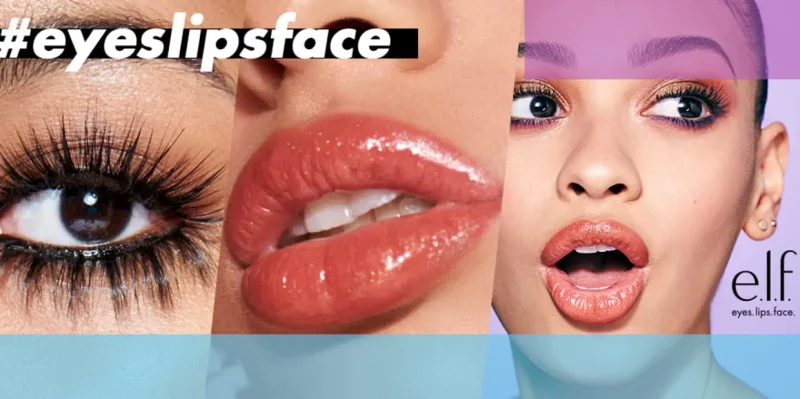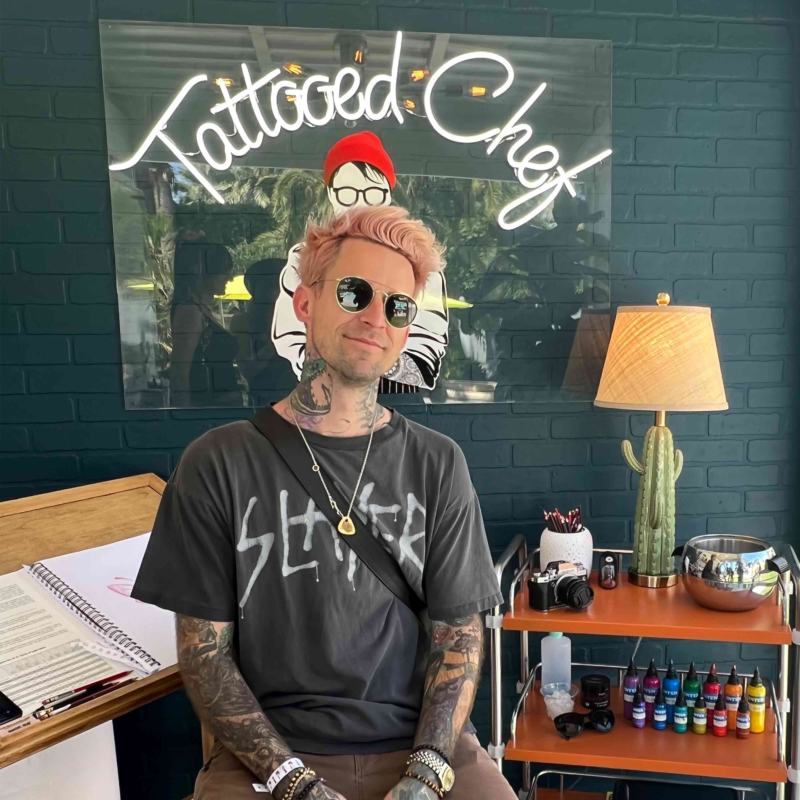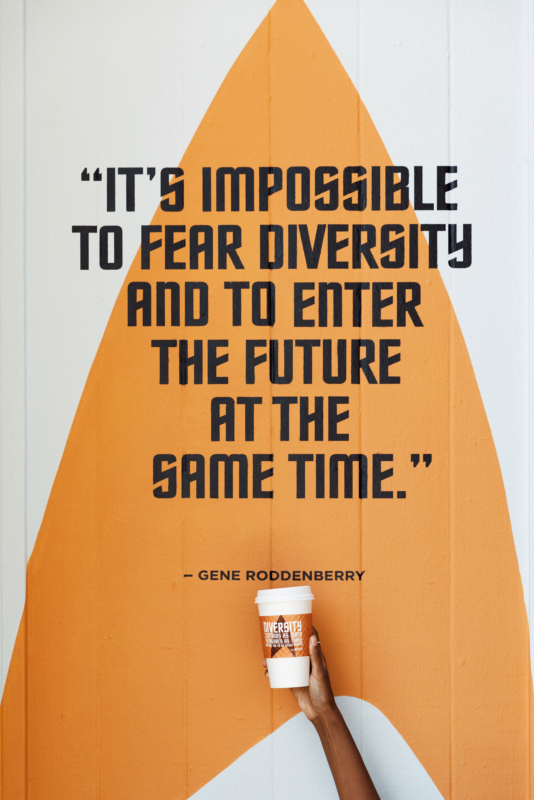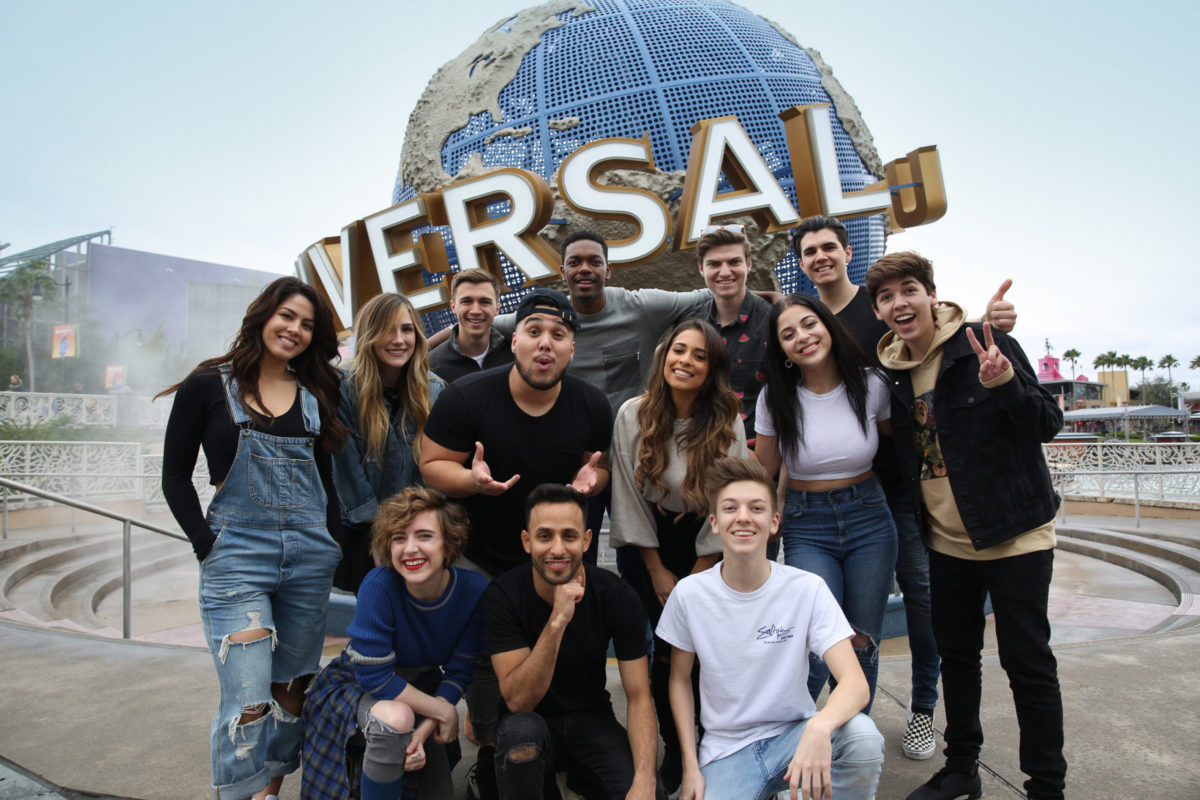News
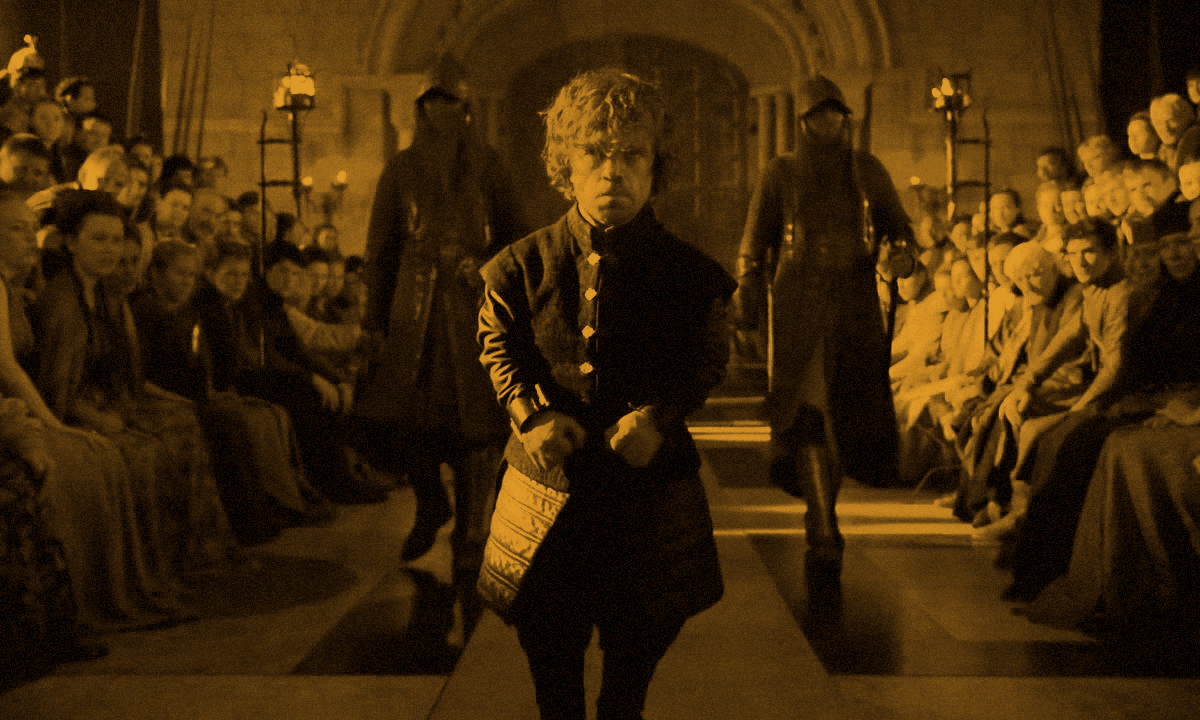
by Adam Flynn, D/C brand strategist
A few weeks later, and we’re still reverberating from this season of Game of Thrones. Acclaimed as the capstone to our current “golden age of television,” Thrones soaks us in thousands of years of fantasy history, four religions, foreign languages with 14 words for “horse,” and yet we are still able to recognize, love, and mourn a vast assortment of characters. This is all the more ironic given that George R.R. Martin began writing Thrones after half a decade in Hollywood, determined to craft a story nigh-impossible to film.
He was right. By the standards of late 1980s television, GoT was completely untenable. It was too big, too complex, too expensive, and too explicit. Part of the reason for the golden era we’re in is that the experience of watching and following a series is fundamentally different from what it once was.
In 1990, if you were following Twin Peaks, you had to watch every episode exactly when it came out, or hope to pick up a bootleg VHS tape of past episodes for the then-princely-sum of $20.
Today, things are different. Starting with torrents and wikis, and evolving into our current welter of second-screen references and on-demand, over-the-top, timeshifting, watch-anywhere offerings, it’s become immensely easier to catch up and join in on a show with water-cooler momentum. In terms of our ability to pause, repeat, compare, and look up past moments, TV is now closer to text than it has ever been, and it’s no wonder we’re seeing an uptick in the complexity of storylines, bringing it closer to the sprawling casts and twisting plots of novels. (The bigger budgets don’t hurt, either.)
When it’s easier to catch up, writers create more to catch up to. And we’re all the more grateful for it.
